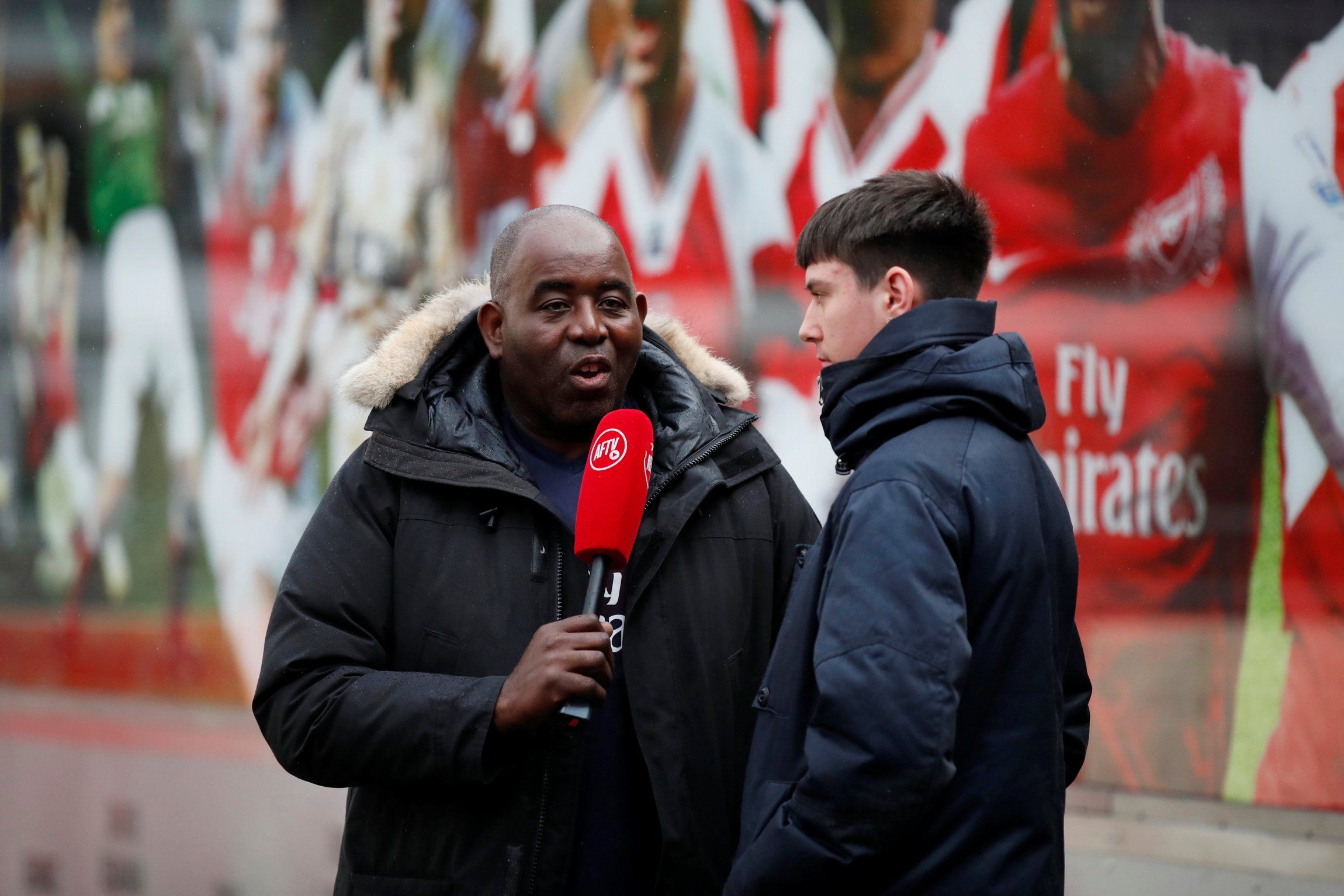If football’s nineteen-nineties was mostly defined by an influx of foreign players and managers introducing better diets and professionalism into our game, and if the decade that followed was exemplified by an evolution in tactical awareness, what will the past ten years be primarily known for?
In the time it takes to tweet out a snarky response to a rival fan ending with ‘hope this helps’ before insisting 'don't @ me' we have our answer.
Seismic advancements in technology have changed our world beyond all recognition and football is no exception with the internet now a fundamental element of the sport. It’s transformed how we view games. It’s transformed how we think, behave and interact.
Where once a typical week might involve going to a game on a Saturday and a potential trip to the casino before discussing the merits or otherwise of an inconsistent winger in the pub that evening, now it is possible to watch a bountiful number of matches from the comfort of home, commenting to an army of strangers as we go. In the gaps between there are Facebook memes to chuckle at and tweets to ‘correct’ and YouTube clips to marvel over. It is utterly immersive and inclusive. Football can be – should you wish it to be – all-consuming.
A study conducted before the World Cup 2018 revealed that Facebook has 400m fans as users with a mind-boggling 1.6 billion interactions concerning football-related content across an average month. YouTube meanwhile boasted 3 billion views per month of football content in 2018 and illustrating its ever-increasing omnipresence, just five years earlier they were extremely pleased to announce their monthly viewing numbers for the whole platform to be a third of that.
Games are streamed or viewed legally on the gadget of your choice and news and views are a fingertip away but not even this tectonic shift is the real story of the decade just passed. The real story lies in how we – as supporters – reacted to it all.
Blogs of course precede 2010 but the years since have seen an extensive proliferation of them with CMS such as WordPress and platforms like Medium making it simple for even tech-wary individuals to publish their opinions. Podcasts meanwhile have been revolutionary, growing in popularity year on year and then there are the football fan channels, a media phenomenon that has become so influential that clubs are now embracing and distancing themselves from them in equal measure.
In summary fans now have a voice; no, not just a voice: the birth and rise of fanzines in the eighties gave us that. We have now gate-crashed the party, no longer on the periphery as scene dressing but involved and present within the mechanisms of the sport and media that covers it.
A related point to the above yet separate enough to warrant its own parenthesis is that while our voices have never been louder clubs and players have never been more distant to us. That though is a discussion for another time.
So how have we used our unprecedented involvement and sway? Well, by and large we have argued with each other. A lot.
Watch Premier League Videos With StreamFootball.tv Below
While fanzines altered the wider perception of supporters for the better – revealing us not to be the gold-braceleted Neanderthals portrayed by the press but rather articulate and thoughtful and funny – our new means of communication has largely led to bickering, tribalism, pettiness, and spite. We row pointlessly and constantly over who is worse out of Paul Pogba and Mesut Ozil, and who is better from Cristiano Ronaldo and Lionel Messi.
We find fault in everything and ludicrously mushroom poor refereeing decisions into perceived ‘agendas’. We take on journalists as if they are the establishment enemy. We willingly succumb to sensationalism and ignore balance and reason. We don’t give an inch because giving an inch signals weakness and weakness suggests that you’re wrong: being wrong is the cardinal sin online. We rail at click-bait. We click on click-bait. We are click-bait.
Whose Line Is It Anyway: Roy Keane, Graeme Souness or Adrian Durham?
Worse yet, this entrenched, heightened thinking has inevitably led to the traditional media following suit. 16-year-old Harvey Elliott recently made his third appearance for Liverpool with all three outings coming in the Carabao Cup and once again against Aston Villa the promising Elliott showed flashes of the player he will one day become.
It was the kind of introductory performance that in times gone by would have warranted a couple of lines in a match report. But not now, not when there is a vast, insatiable internet to regularly fill with new hot takes and extreme opinion. For a Liverpool-specific site – affiliated with an established newspaper – the youngster was compared to Lionel Messi largely because at one point a cross was blocked and he speedily wanted the game to resume.
This is the media we ourselves created through a hundred-thousand blogs and a hundred fan channels. This is the kind of sensationalism that is now being reflected back onto us.
2010 to 2019 was the decade when, after a lifetime spent shouting at mirrors, we were finally given the tools to put football right. Sadly, we only broke it further.

